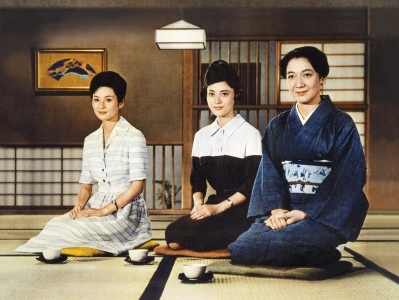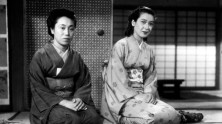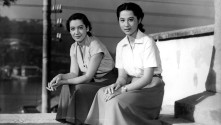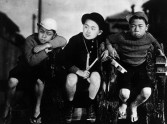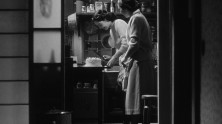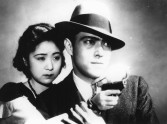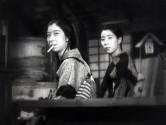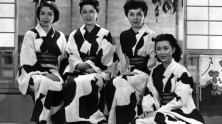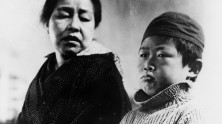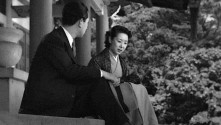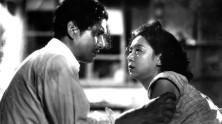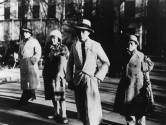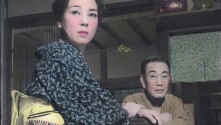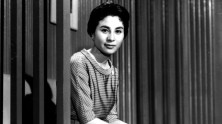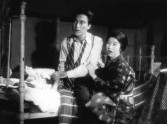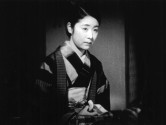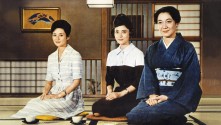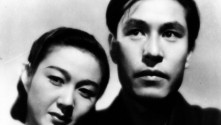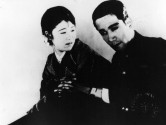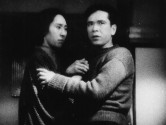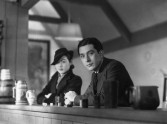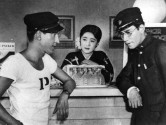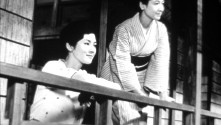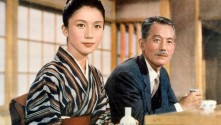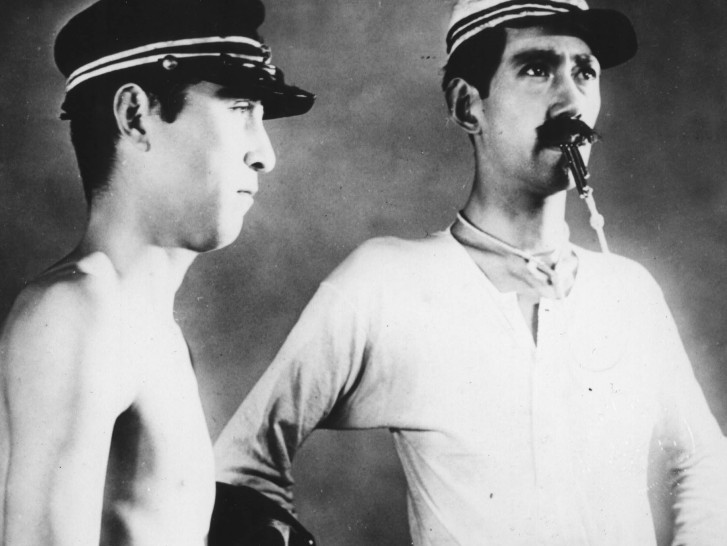
Tokyo Chorus
(Tokyo no korasu)
Screening on Film
With Okada Tokihiko, Sugawara Hideo, Yagumo Emiko.
Japan, 1931, 35mm, black & white, silent, 90 min.
Japanese intertitles with English subtitles.
Print source: Janus Films
Released amid the Showa Depression of 1930-1932, Tokyo Chorus is one of Ozu Yasujiro’s best shoshimin eiga, or films about the lower-middle class. Its tragicomic narrative is tonally balanced and structurally sophisticated, incorporating elements from Ozu’s previous films about students and salarymen to celebrate triumph over shame in one’s socioeconomic status. The film starts during the college days of Shinji (Okada Tokihiko), then cuts forward to the day he is fired from his job. The courage of his wife Sugako (Yagumo Emiko) and the pride of his old teacher Omura (Saito Tatsuo) empower Shinji to rebuild his sense of self. The narrative thrust of the film is fixed on Shinji’s internal growth, as he overcomes his embarrassment and lets go of his reluctance to do menial work—and with it, any illusions about the reality of working life. Ozu presents Shinji’s struggle as representative of many in Tokyo—introduced in an intertitle as the city of unemployment. The warm and affordable plates of curry rice Omura sells at his small restaurant become a symbol of their collective perseverance, an antidote to self-isolating shame.
